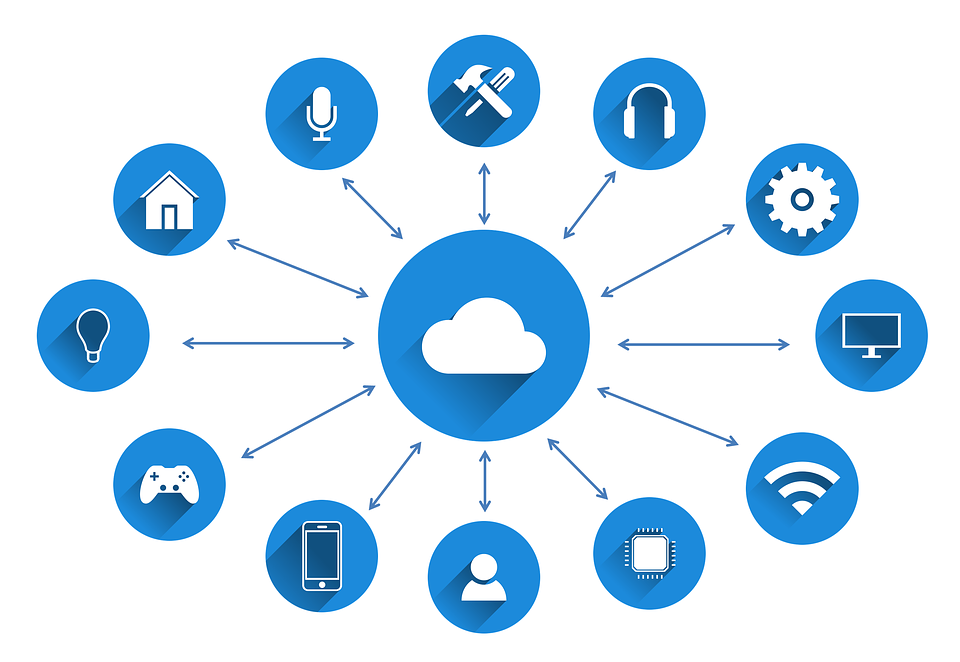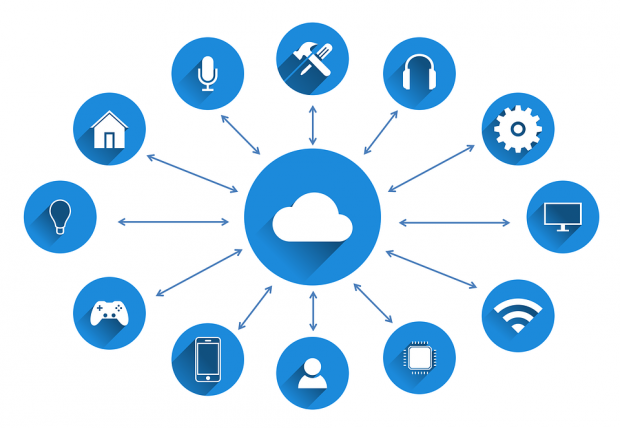
Mayor unveils plan to transform Seoul into ‘smart’ city
The Seoul Metropolitan Government said Wednesday it will install 50,000 Internet of Things (IoT) smart sensors throughout the capital city by 2022 to collect information on fine dust, traffic and other things related to citizens’ lives. The Seoul government will also introduce chatbots to its 120 Dasan Call Center service, a civil complaints hotline, this year, as well as a shared parking system in which smartphone users can check availability at public parking lots.
These initiatives were unveiled by Seoul Mayor Park Won-soon as part of the municipal government’s smart city project. The project involves spending 1.4 trillion won (US$1.24 billion) over the next four years to turn Seoul into a “capital of big data.” Under it, as many as 50,000 IoT sensors will collect data on fine dust, night light intensity, foot and vehicle traffic and other matters that affect the life quality of citizens, Park said.
The collected data will be utilized for customized smart administration through integrated public big data storage to be built this year. For example, night light data will be used to devise nighttime safety measures and data on heat and cold waves will be analyzed to determine the locations of shade canopies and heating cables on the roads. In addition, the government will introduce 3D virtual reality technology to its urban planning. Its “Virtual Seoul” system will be built by 2021, digitally recreating the city’s entire environment and facilitating predictions about urban change. At the 120 Dasan Call Center, a pilot chatbot consulting service will be launched this year, in which an artificial intelligence system answers citizens’ questions automatically via text message.
In the case of the shared parking service, smartphone users can check the availability of 500 public parking spaces, make reservations and pay fees. The number of spaces available in the service will be increased to 3,000 by 2022. Surveillance cameras will also get smarter.
The Seoul government will install 17,820 intelligent surveillance cameras throughout the city by 2021 to automatically monitor brawls, arson attacks and other forms of misconduct and relay the information to police or fire stations in real time. Free public Wi-Fi will be expanded to include all city buses in the capital by next year, while the electricity consumption of 1,000 households comprising a single senior citizen will be monitored for dangerous situations starting this year.
(Yonhap)



